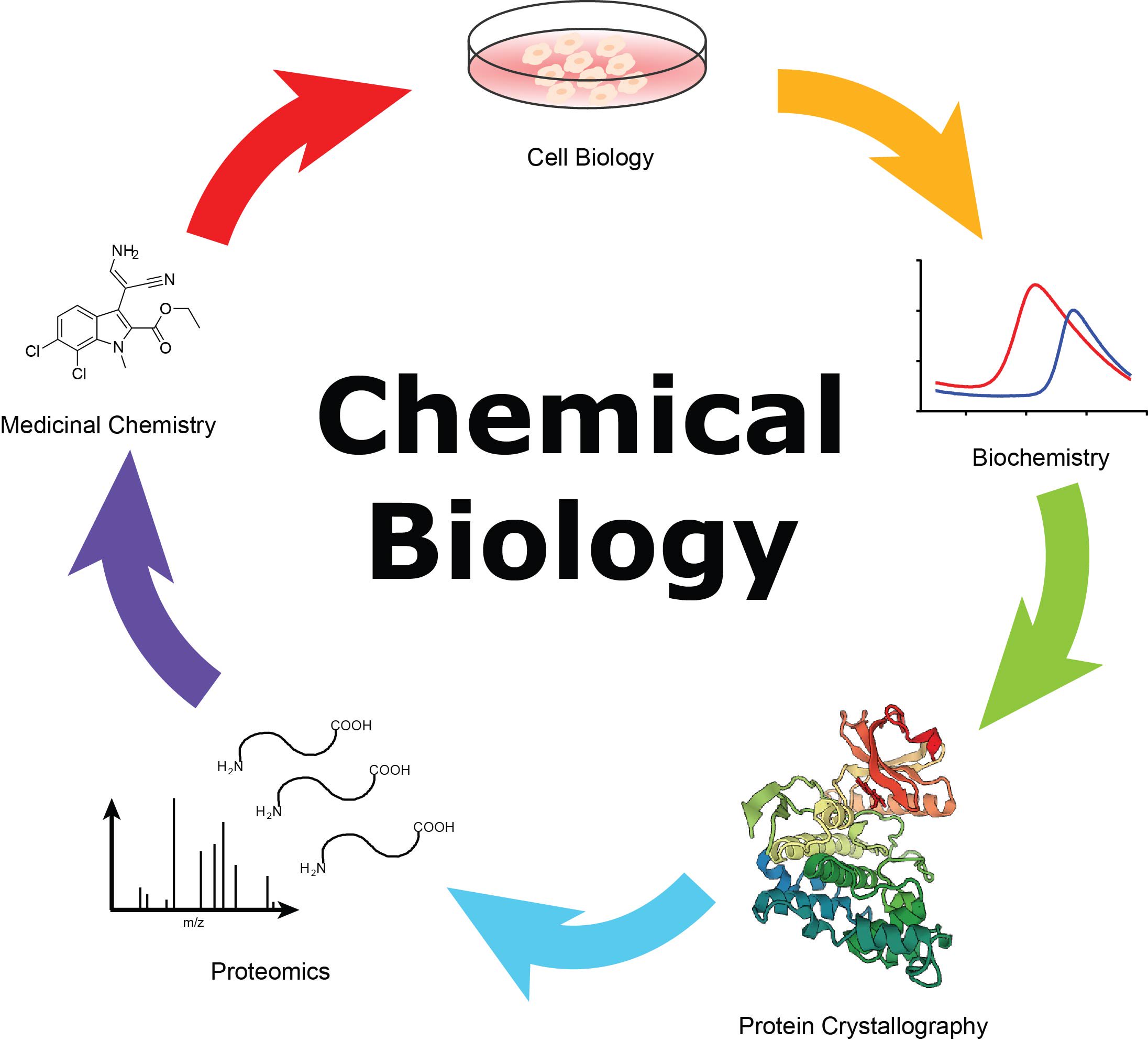Ph.D. in Chemistry and Chemical Biology: Introduction, Admission, Registration, Eligibility, Duration, Fees, Syllabus 2024

Introduction:
A Ph.D. in Chemistry and Chemical Biology is an interdisciplinary program that combines the rigorous study of chemistry with the dynamic field of biology to tackle complex problems in science. This program trains students to use chemical tools to solve biological problems, opening new frontiers in areas like drug discovery, bioinformatics, and molecular genetics. Graduates emerge as leaders equipped to drive innovation in academia, industry, and beyond.
Admission Process:
Securing admission into a Ph.D. program in Chemistry and Chemical Biology typically involves the following steps:
- Application Submission: Prospective students must submit a completed application form, along with a personal statement, curriculum vitae, and transcripts.
- Prerequisite Studies: A master's degree in chemistry, biology, biochemistry, or a related field is preferred. Outstanding candidates with a bachelor's degree and significant research experience may also be considered.
- GRE Scores: Some programs require GRE scores, with particular emphasis on the quantitative and analytical writing sections.
- Letters of Recommendation: Typically, three letters are required from academic or professional references who can attest to the applicant’s abilities and potential.
- Research Proposal: Applicants might need to submit a research proposal outlining their intended area of study.
- Interviews: Many programs conduct interviews to better understand the candidate's research interests and fit with the department.
Eligibility:
Candidates should meet the following eligibility criteria:
- Strong Academic Record: Excellent grades, particularly in chemistry and biology courses.
- Research Experience: Hands-on experience in a research environment, ideally related to chemistry or biology.
- Laboratory Skills: Proficiency in laboratory techniques and safety protocols.
- Analytical Thinking: Ability to analyze and synthesize complex scientific data.
- Innovative Problem-Solving: A knack for innovative thinking and problem-solving in science.
- Communication Skills: Strong written and verbal communication skills are crucial for academic publishing and collaboration.
Completion Time:
A Ph.D. in Chemistry and Chemical Biology typically requires 4-6 years to complete, including coursework, qualifying exams, research, and dissertation work.
Career Opportunities:
Graduates have a broad range of career opportunities available:
- Academic Researcher: Leading research projects and teaching at universities.
- Pharmaceutical Industry: Developing new drugs and therapeutic strategies.
- Biotechnology: Innovating in genetic engineering, synthetic biology, and more.
- Government Research: Working in national laboratories or regulatory agencies.
- Environmental Science: Applying chemical biology to solve environmental issues.
- Entrepreneurship: Starting biotech companies based on novel research discoveries.
Syllabus:
The Ph.D. syllabus typically includes:
- Advanced Organic Chemistry
- Molecular Biology
- Biochemical Techniques
- Quantitative Analysis
- Structural Biology
- Chemoinformatics
Internship Opportunities:
Internships are vital for gaining practical experience:
- Pharmaceutical Companies: Hands-on research developing new drug therapies.
- Academic Labs: Collaborating on cross-disciplinary projects.
- Biotechnology Firms: Engaging in product development and clinical trials.
- Government Agencies: Contributing to public health and safety research.
- Non-Profit Organizations: Working on projects that bridge science and public policy.
Scholarships and Grants:
Funding opportunities include:
- University Fellowships: Cover tuition and provide a living stipend.
- Government Research Grants: For projects with significant scientific or societal impact.
- Private Foundations: Offer support for specific areas of scientific research.
- Corporate Sponsorships: From biotech and pharmaceutical companies.
- International Scholarships: For students from abroad to foster global collaboration.
FAQs:
What makes a Ph.D. in Chemistry and Chemical Biology unique?
This program blends chemistry with biological sciences to address biomedical and environmental challenges.
What should candidates focus on in their application?
Strong research background, clear research proposal, and evidence of interdisciplinary skills.
What are the key areas of research in this field?
Drug design, synthetic biology, molecular diagnostics, and bioinformatics.
Are there collaborative opportunities within the program?
Yes, many programs encourage collaboration with other research institutions and industries.
How can students finance their studies?
Through a mix of university scholarships, external grants, and industry-funded projects.
